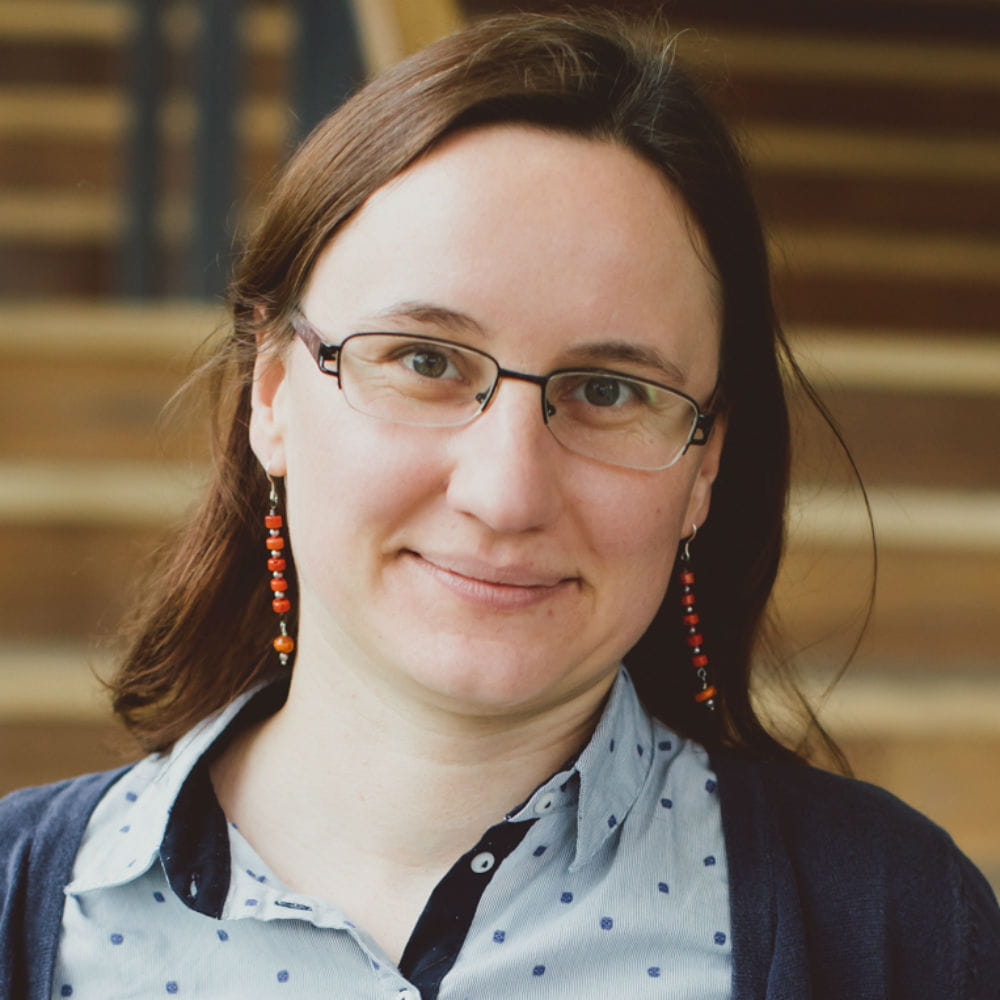While watching a film about the Holocaust, or other genocides, can be difficult, there are many thought-provoking films that are worth your time during Holocaust Memorial Week.
Filmmakers around the world have risen to the challenge of thoughtfully depicting this dark chapter in global history, helping to ensure victims are not forgotten and the circumstances that led to the Holocaust are understood.
There are a number of excellent films available, free to watch to members of our community through Box of Broadcasts and Kanopy.
Here are some suggestions from my curated selection of ambitious and thought-provoking films. Please note that they include scenes of extreme violence, antisemitism, death, and suicide, and explore themes which some viewers may find upsetting.
Shoah (1985)
Directed by Claude Lanzmann, this powerful French documentary includes extensive interviews with survivors, witnesses, and perpetrators. With a running time of over nine hours, it was Lanzmann’s most ambitious project, which took him 11 years to complete.
The interviews are incredibly moving and cover a wide range of topics, including life before the war, deportations to camps, experiences of camp life, and the loss of family and friends.
Interviewees include Filip Müller, one of the few surviving members of the Auschwitz Sonderkommando, a unit of camp prisoners who were forced to work in the crematoria and who were direct eyewitnesses to the mass murder committed by the Nazis.
Müller recounts his experiences in much detail, providing one of the most powerful eye-witness statements ever recorded on camera.
Though Shoah is a very long film, it consists of shorter relatively independent interview segments, so you can watch as much or as little at a time as you prefer.
Son of Saul (Saul fia in Hungarian, 2015)
Directed by László Nemes, Son of Saul won the Grand Prix at the 2015 Cannes Film Festival and the award for Best Foreign Language Film at the 88th Academy Awards.
It was inspired by the book The Scrolls of Auschwitz, which is a collection of documents written in Yiddish, Polish, Greek, and French by the Jewish members of the Auschwitz Sonderkommando, discovered after the war.
Son of Saul focuses on the Hungarian-Jewish prisoner, Saul Ausländer, who as a member of the Sonderkommando is responsible for disposing of the bodies of murdered victims. Nemes’ aim was to make an immersive and visceral film, and as viewers, we follow Saul very closely, experiencing what might be thought of as unimaginable.
Nemes’ artistic technique, which includes the use of disorienting shots, is extremely effective in conveying the emotional impact of the camp experience on the inmates. The film raises many challenging moral questions, including what it means to be human in inhuman conditions.
Ida (2013)
This Polish film directed by Paweł Pawlikowski was selected Best Film of 2014 by the European Film Academy and won the 2015 Academy Award for Best Foreign Language Film.
It is set in Poland in the early 1960s, and follows Anna, a young orphaned woman living in a Catholic convent who is about to take vows as a Catholic nun, but is told that she needs to meet her aunt beforehand.
Wanda, Anna’s only surviving relative, informs her that her real name is Ida and that her parents were Jewish and did not survive the war. The two women decide to go on a road trip to find out what happened to Ida’s parents.
Shot in black-and-white, the film offers a poetic exploration of the themes of Holocaust memory, forgetting, and trauma, experienced both at individual and collective levels.
The Counterfeiters (Die Fälscher in German, 2007)
This Austrian-German feature film directed by Stefan Ruzowitzky tells the story of Operation Bernhard, a Nazi plot to destabilise British and American economies by releasing into circulation a large number of forged pound and dollar banknotes.
The film is inspired by the memoirs of the Slovak-Jewish typographer Adolf Burger who belonged to the group of Jewish prisoners selected for Operation Bernhard.
It explores the ethical dilemmas faced by inmates involved in the forgery, raising challenging questions of moral agency and complicity in times of terror.
The Last Laugh (2016)
This provocative documentary directed by Ferne Pearlstein explores the sensitive and controversial topic of the Holocaust and humour, raising the question of whether comic representations and jokes about the Holocaust can ever be funny and play a role in commemorating the victims.
Exploring the nature of comedy and ethics of humour, the film offers valuable yet often conflicting insights from Jewish filmmakers, actors, and stand-up comedians, including Mel Brooks, Sarah Silverman, Gilbert Gottfried, Harry Shearer, and Judy Gold.
It also features Holocaust survivors, such as Renée Firestone, who discuss the important role of humour in the camps. The film offers a fresh and thought-provoking perspective on the ethics of comedy, the limits of humour, and debates on free speech.
For more ideas of what to watch, see Dr Rzepa's full curated list.


